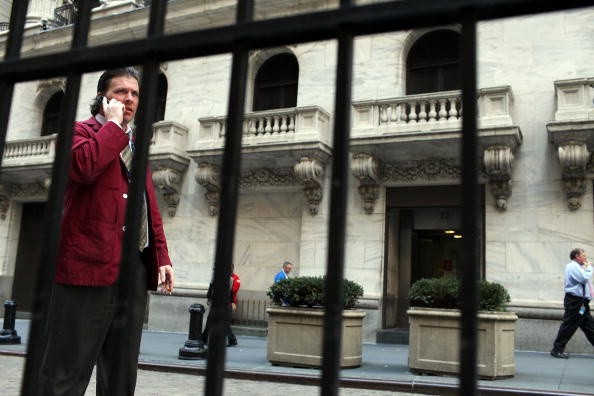
Rental fraud soared across the United States during the COVID-19 pandemic, which possibly resulted in higher rents, an analysis found.
The National Multifamily Housing Council (NMHC) conducted a poll between November 2023 and January 2024. The poll surveyed members of the National Multifamily Housing Council (NMHC) and the National Apartment Association (NAA), which represent 75 leading apartment owners, developers, and managers.
The poll found that 93.3% of members surveyed had experienced fraud in the twelve months. Other poll results indicated that:
80% saw applicants misrepresent information on applications
70% said they experienced some form of identity theft
67.1% reported unauthorized cohabitants or other actions evading the application or the leasing process
62.9% said they reported the use of fraudulent checks or other payment methods
84.3% said they reported falsification of income or employment documentation.
In addition to faking identities, some property managers also reported fraudsters renting their property to deal drugs and traffic sex, per USA Today.
The poll also found that 58.5% of survey respondents experienced an increase in nonpayment of rent due to fraud. Respondents to the survey said they were required to write off an average of $4.2 million in bad debt, 24.5% of which was attributed to nonpayment of rent due to fraudulent applications.
A separate study conducted by Snappt found that fraudulent applications doubled from 15% in February 2020 to 29% in August of the same year.
Fraud Led To Increase in Rent Prices
The rise in rental fraud may have led landlords to raise rents to offset fraud-related losses, which can reach tens of thousands of dollars.
A 2022 study by the Urban Institute, a non-profit think tank, also noted that landlords who missed rental payments during the COVID-19 pandemic were more likely to raise rents by higher percentages.
Apart from nonpayment, fraudsters also exacerbate the housing shortage by taking units away from honest renters. The losses caused by these fraudulent schemes led some owners to sell their multi-unit homes or condominium units to buyers, which means fewer affordable rentals in the market and higher prices for everyone due to the supply shortage.



